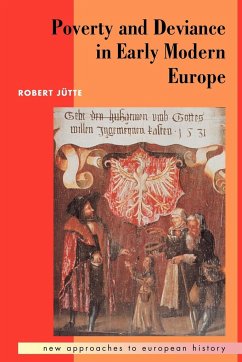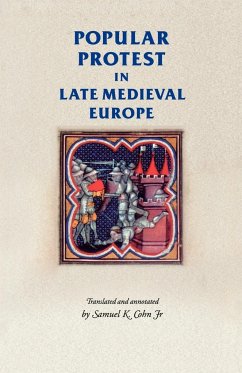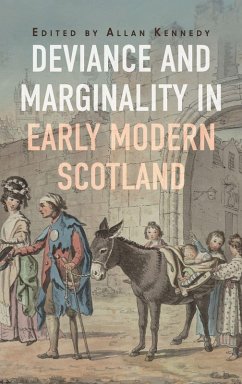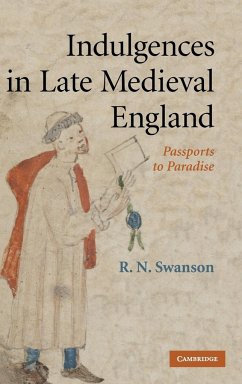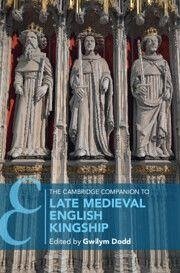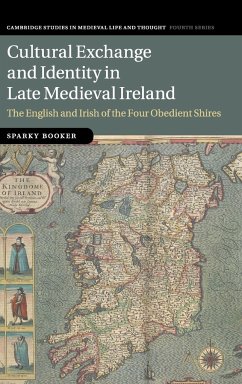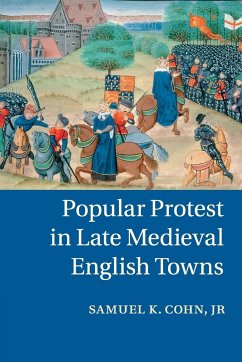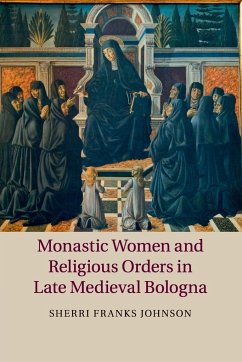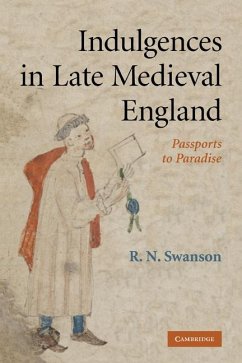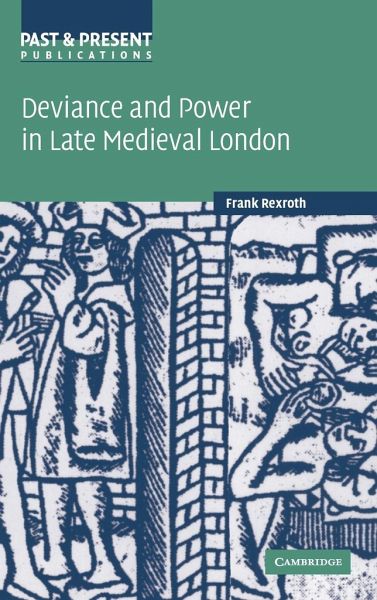
Deviance and Power in Late Medieval London
Versandkostenfrei!
Versandfertig in 1-2 Wochen
123,99 €
inkl. MwSt.

PAYBACK Punkte
62 °P sammeln!
During the late Middle Ages the London ruling elite was increasingly influenced by the idea that a secret counter-society was operating in the city. Its members were suspected to be active mainly at night, to roam the city aimlessly and to be identifiable by three main characteristics: their latent, unmotivated and habitual penchant for violence, their sexual license and their disinclination to work. The rumours about this real and imagined 'milieu of the night' strongly influenced Londoners' perceptions of social relations within urban society. In wards, parishes, guilds and companies, people...
During the late Middle Ages the London ruling elite was increasingly influenced by the idea that a secret counter-society was operating in the city. Its members were suspected to be active mainly at night, to roam the city aimlessly and to be identifiable by three main characteristics: their latent, unmotivated and habitual penchant for violence, their sexual license and their disinclination to work. The rumours about this real and imagined 'milieu of the night' strongly influenced Londoners' perceptions of social relations within urban society. In wards, parishes, guilds and companies, people adapted their behaviour and gradually defined their own respectability in negative terms, in opposition to the new 'urban underworld'. The book sheds considerable new light on everyday life in late medieval London and its case study opens up wider debates about the relationship between morality and politics in Europe's cities in this period.





